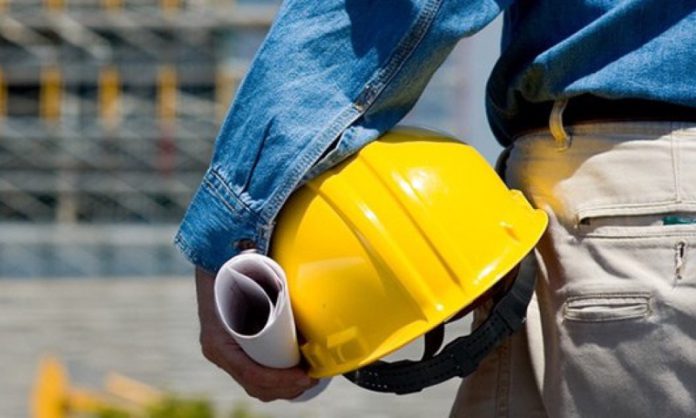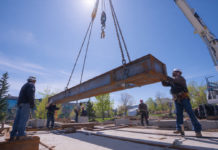Utility surveys play a crucial role in construction projects, providing valuable information about the location and condition of underground utilities. These surveys help construction teams to plan, design and execute projects efficiently, while reducing the risk of damage to existing infrastructure. In this article, we will discuss the benefits of utility surveys for the construction industry.
What is a Utility Survey?
A utility survey is a process of locating, identifying and mapping underground utilities such as gas, water, electricity, telecommunication and sewer lines. This process involves using advanced technology and equipment such as Ground Penetrating Radar (GPR), electromagnetic locators, and other scanning tools to detect the presence of buried utilities. The data collected from these surveys is used to create a detailed map of the site, which helps in the planning and execution of construction projects.
Benefits of Utility Surveys for Construction
- Saves Time and Money
One of the primary benefits of utility surveys is that they help to save time and money in construction projects. By identifying the location of underground utilities before construction begins, construction teams can avoid accidental damage to existing infrastructure. This not only reduces the risk of project delays and costly repairs but also helps to avoid potential legal liabilities.
2. Improves Safety
Utility surveys also play a critical role in improving safety on construction sites. By identifying the location of underground utilities, construction teams can take necessary precautions to prevent accidents and injuries. This includes marking the location of underground utilities, using appropriate excavation techniques, and avoiding working near high-voltage lines. The result is a safer work environment for construction workers and nearby residents. You can learn more about surveys here – https://precision-um.co.uk/services/utility-surveys/
3. Increases Efficiency
Utility surveys help to increase efficiency in construction projects by providing accurate and reliable data about the location of underground utilities. This information helps construction teams to plan and execute projects with greater precision, reducing the risk of errors and rework. It also allows for more efficient use of resources, including materials, equipment, and labor.
4. Enhances Project Planning
Utility surveys provide construction teams with critical information that can be used to plan and design projects more effectively. By knowing the location and condition of underground utilities, project managers can make more informed decisions about the location of buildings, roads, and other infrastructure. This helps to optimize the use of space and resources, resulting in better project outcomes.
5. Facilitates Compliance with Regulations
Utility surveys are also essential for compliance with regulations related to construction projects. Many local and state laws require construction teams to obtain utility surveys before beginning work on a project. Failure to comply with these regulations can result in costly fines and legal penalties. By conducting a utility survey, construction teams can ensure that they are in compliance with all relevant regulations, reducing the risk of legal liabilities. They’re also often needed as part of the conditions of a building warranty to begin work on a project.
6. Minimizes Disruption
Finally, utility surveys help to minimize disruption during construction projects. By identifying the location of underground utilities, construction teams can take measures to minimize disruption to nearby residents and businesses. This includes using quieter equipment, working during off-peak hours, and minimizing traffic congestion. The result is a more positive relationship with the local community, reducing the risk of complaints and delays.
Conclusion
In conclusion, utility surveys are a critical component of construction projects, providing valuable information about the location and condition of underground utilities. By using advanced technology and equipment, construction teams can obtain accurate and reliable data, which helps to save time and money, improve safety, increase efficiency, enhance project planning, facilitate compliance with regulations, and minimize disruption. For these reasons, utility surveys are an essential tool for the construction industry, helping to ensure the success of projects both large and small.















